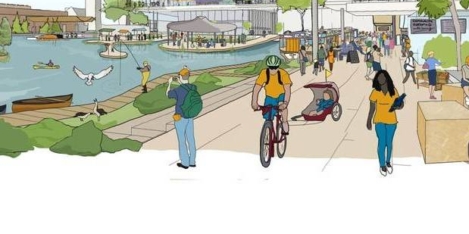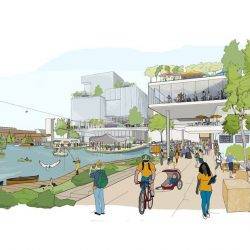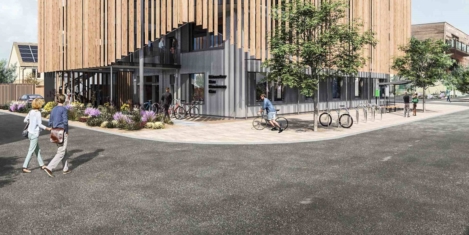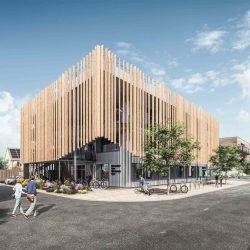November 30, 2017
Government targets 50 percent cut in greenhouse gases from the built environment
The UK government has set some ambitious targets for construction and the environmental performance of buildings following the announcement of a Sector Deal for the construction sector. The sector deal was an integral part of the Industrial Strategy White Paper published earlier this week. In a statement, Business and Energy Secretary Greg Clark revealed more details of the deal supported by £170m of government investment and £250m of match funding from the built environment sector. The announcement sets out ambitious new targets for the built environment and infrastructure including a 50 percent reduction in greenhouse gases and a third reduction in the costs of construction and whole life costs of buildings.
































December 13, 2017
The ups and downs of wearables for workplace health and wellbeing
by Lee Sadd • AI, Comment, Technology
Businesses in the 21st century have tried just about everything to improve productivity. For a long time, Google and its ilk were seen as model workplaces, with their open offices and abundance of ball pits and bean bags. Then the consensus shifted, and the cubicle or workstation was seen as the paradigm for employee concentration. Now the focus has shifted to technology, and the field of ‘wearables’. Devices like the Fitbit, Google Glass and Apple Watch have come and gone with significant consumer buzz, but relatively low uptake. What failed to impress consumers, however, may yet have a place in business. For better or ill, it seems the companies we work for are increasingly obsessed with collecting our data.
(more…)